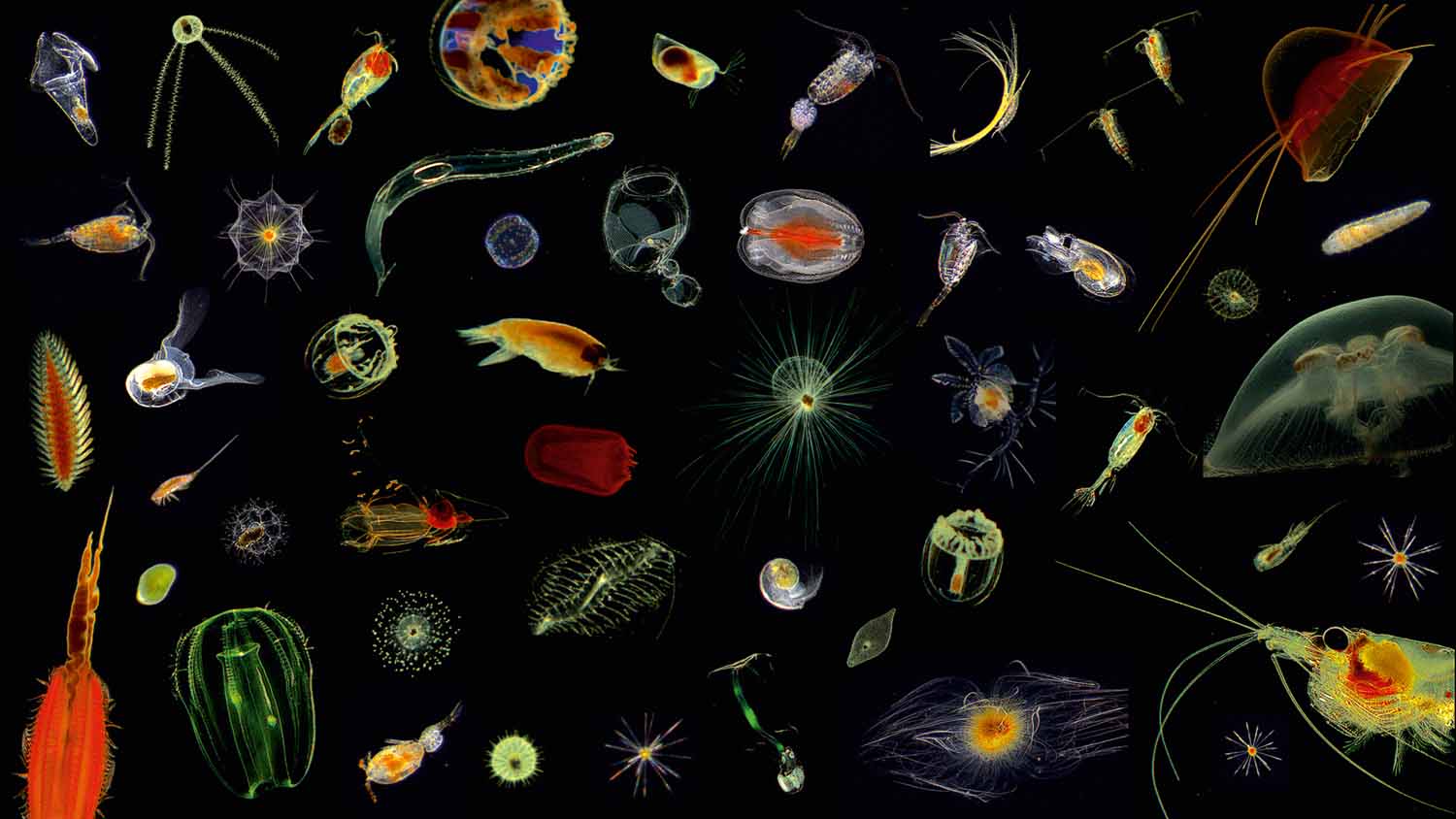Published on 03.04.2025
Open Position as PhD / PostDoc / Research Engineer in the AqQua Project in Berlin: Join our team!

Job Description
Human well-being to a large extent depends on aquatic life: Organic matter formed by plankton sustainably sequesters vast amounts of carbon from the atmosphere in the ocean’s interior. The efficiency of this so-called biological carbon pump is likely altered by climate changes that affect planktonic diversity. The climate change-induced reduction of food web efficiency further directly impacts oceanic fish resources that play a major role in human nutrition. The critical role of aquatic life in biogeochemical cycles, for climate regulation, conservation of aquatic biodiversity and human nutrition mandates precise mapping and monitoring, to provide essential knowledge and to serve decision making in the face of global change, e.g. with respect to emerging carbon dioxide removal techniques.
To this end, distributed pelagic imaging techniques enable the sustained observation of aquatic life and its debris, comprehensively covering the earth’s water bodies down to the bottom of the deep sea. The Aquatic Life Foundation Project will, for the first time, combine billions of images acquired with a variety of devices across the globe for large-scale training of a foundational pelagic imaging model, which will be fine-tuned for species classification, trait extraction, and particulate organic carbon estimation. The model will allow to establish global maps of species biodiversity, ecosystem status, and carbon flux at unprecedented accuracy and granularity, thereby generating a fundamental understanding of marine and freshwater life in times of global change. Billions of images are available for this project, with high diversity across modalities and geolocations. Several unique aspects of pelagic imaging call for enriching self-supervised learning paradigms as well as interactive data- and model exploration with domain knowledge towards optimal performance in real-world generalization scenarios.
AqQua is a large-scale collaborative research project led by the MDC / Helmholtz Imaging, GEOMAR, Hereon and FZJ, fully committed to Open Science.
We are looking for a PhD student or PostDoc or Research Software Engineer to join our highly vibrant and uniquely interdisciplinary team of AI- and domain experts dedicated to the cause.
Potential responsibilities for the position:
- explore, benchmark and devise self-supervised learning paradigms for plankton imagery
- engineer advanced architectural components and workflows for efficient and effective foundation model training and fine-tuning
- devise data curation- and balancing schemes
- rigorously assess model scaling and generalization behavior
- roll out the model to the global user community
Requirements
- PhD or MSc in computer science, physics, mathematics or a related discipline
- experience with large-scale HPC
We offer
- international working environment with communication in English and German
- interesting career opportunities and a range of opportunities for further qualification and training
- Compatibility of family and career certified by the workandfamily audit (“berufundfamilie audit”)
- Support for “New Berliners” through the MDC Welcome & Family Office
You also benefit from:
- a remuneration in accordance with the collective agreement for the federal public service (TVöD-Bund), including additional company pension schemes
- flexible working hours
- the possibility of mobile working
Application
Please use our online portal and submit your application including a cover letter, CV (without photo, age and information about your family status), transcripts of record and other relevant documentation.
For applicants for a PhD position: If you have a foreign degree, please submit proof of the recognition of your Master’s degree in Germany with your application.
The proof can be determined via the anabin database and can be submitted as a PDF attachment to the application. Further information can be found at Recognition of Degrees and Achievments.